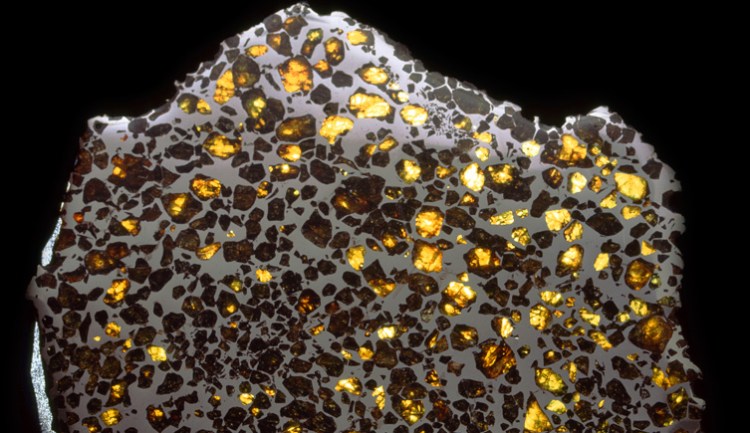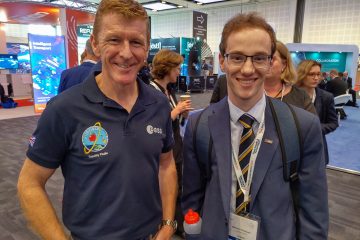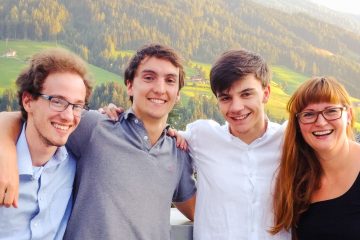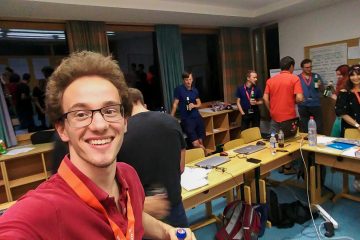Today has been my first day of work at the Alpbach Summer School. The day started with registration at 8am, followed at 9am by open speeches from the Summer School Director, Michaela Gitsch, and other staff involved in the running of the Summer School.
At 10am, a coffee break gave us our first proper opportunity to meet the other students who we’d be spending the next 10 days with. Despite the huge range of nationalities, with 17 countries represented by the 62 students, I quickly found two of the British contingent, and we talked about their backgrounds in meteoritics and the differences with my engineering experience. It was particularly interesting to hear about the experiences of one of the Brits who works with the meteorite collection of London’s Natural History Museum.

After the coffee break, we dived into our first lectures of the Summer School, starting with Alessandro Morbidelli from the Observatoire de la Côte d’Azur telling us what small bodies are and why they’re important. Our missions will be designed to collect a sample from a small solar system body, so it was vital to have good knowledge of the bodies we’d be targeting. Next came Alan Fitzsimmons from the Astrophysics Research Centre at Queen’s University Belfast, telling us about the physical properties of small bodies.
For an engineer, these first two lectures were certainly a dive into the deep end of solar system science, with many terms and classifications to learn in a short period of time. Energy was also a challenge though: the really early start yesterday meant I was struggling to stay awake in some of the lectures.

Lunch was another opportunity to meet the rest of the cohort, after which we had our final lecture of the day from Christian Gritzner of DLR on types of mission for sample return. During this talk, I had the very cool chance to see and hold a piece of the asteroid Vesta – it was amazing to think that the lump of rock had come from an asteroid many millions of miles away.
After the afternoon coffee break, it was time to split into our teams, with whom we’d be designing our sample return missions over the next 10 days. It was great to finally know who we’d be working with and to discover the team’s expertise. Our mix of scientists and engineers of a range of nationalities gave us a very diverse team, with each member able to contribute something new.
After initial greetings, we began work on defining the science case for our mission. The overall theme of the summer school, sample return from small solar system bodies, had to be broken down to work out our overarching science goals and the particular questions and measurements that this would lead to. We spent a few hours reading papers and came up with three core themes: the origin of the solar system, the origin and transport of water and the origin of life. We spent some time trying to expand these further to work out which bodies would make good targets to address these themes, but work will continue tomorrow on developing our case before the mission objectives and observations requirements review on Friday.

In the middle of the science work, directly after dinner, we also had a very interesting talk by Jean-Jacques Dordain, the former Director General of the European Space Agency. He spoke about significant decisions he had to make during his time as DG, such as delaying the launch of Rosetta, current efforts in Luxembourg to develop asteroid mining, and how today’s students (and particularly those at Alpbach) will be the driving force behind the future European and global space industries. It was great to have strong vocal support from such a well-known and successful figure from the industry and I’m grateful to the Alpbach organisers for arranging such a fantastic lineup of speakers, with more to come tomorrow…
As always I’ll be tweeting throughout the Summer School with the hashtag #AlpbachSummerSchool and will be posting all of my Alpbach blog posts in the events category, so make sure to follow my progress there.


